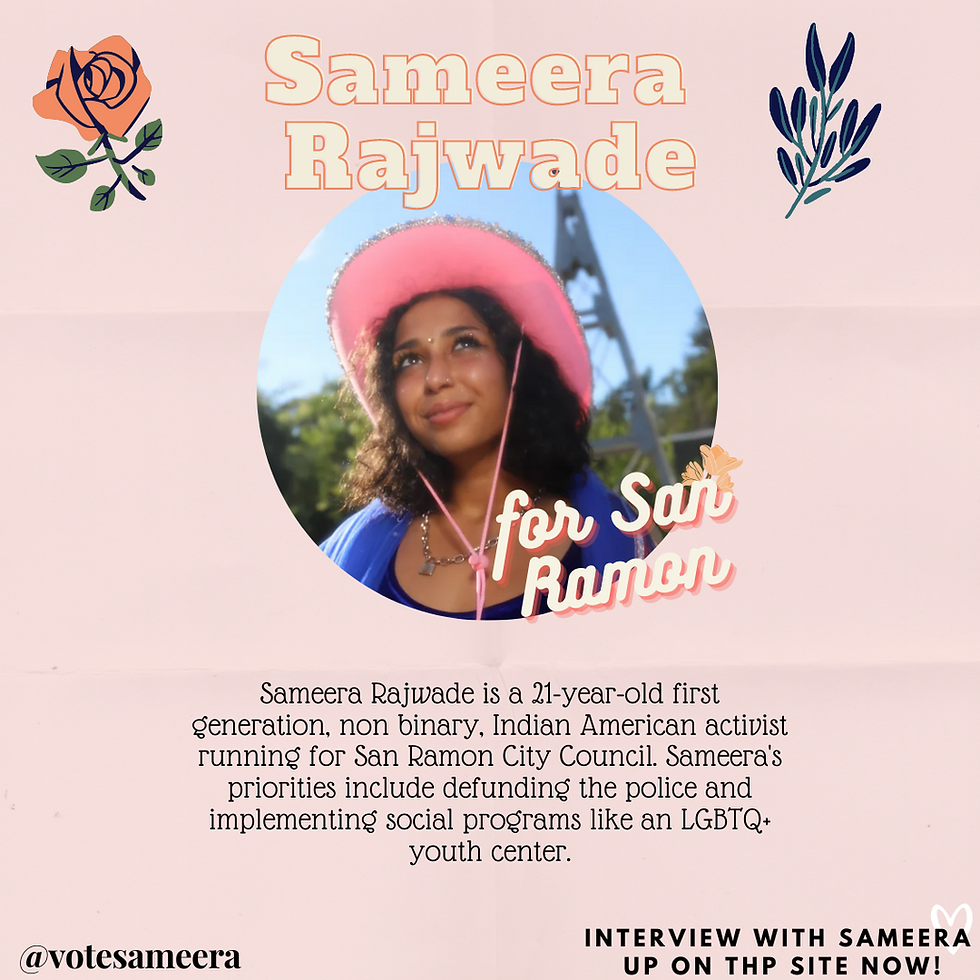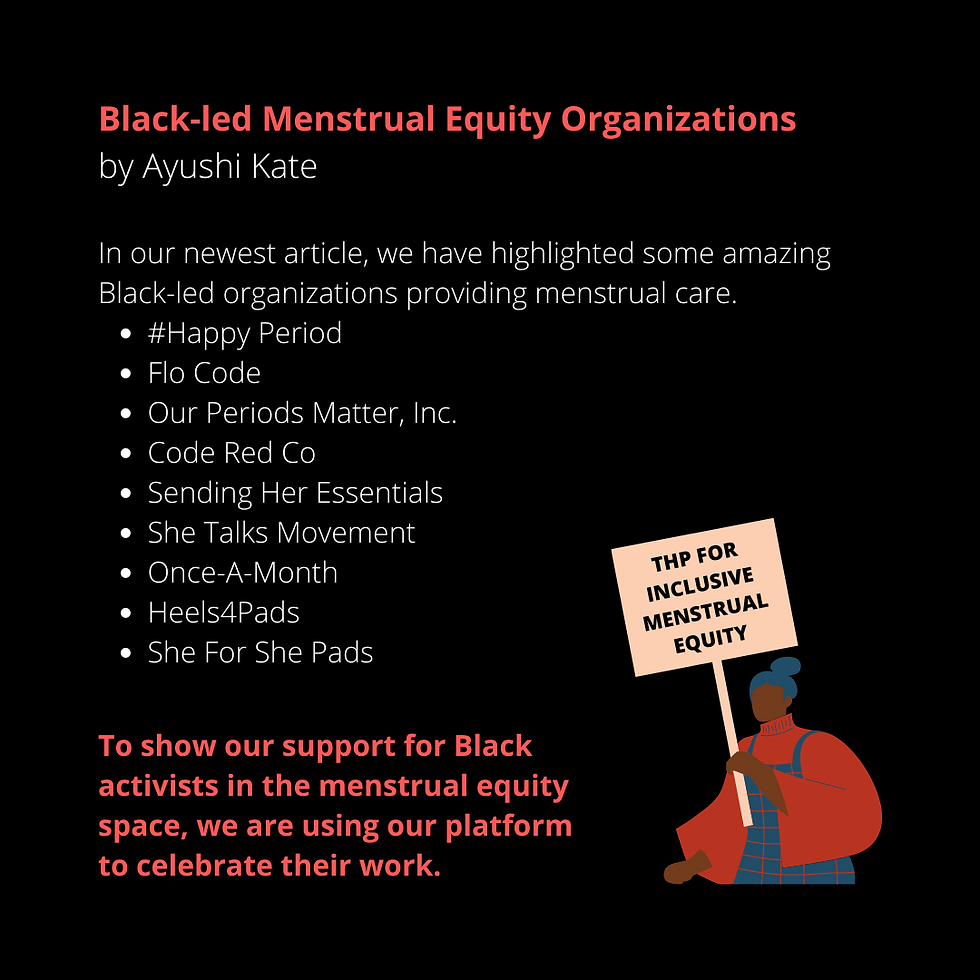Nyasha Magocha on Her Activism Journey
- Aug 4, 2019
- 2 min read

by Dulanda Saintcyr
Nyasha Magocha, in a few words, is resilient, ambitious, and a true trailblazer for Homegirls everywhere. Originating from Zimbabwe, moving to the United States at age four, Magocha seeks to break boundaries and establish a name for herself.
Magocha was first introduced to activism during her time as a debater in high school, when presented with an issue relating to the government’s involvement in domestic surveillance. She also attended a lecture on the FBI’s COINTELPRO operation. She recalls these two events as a time where she was introduced to a wide variety of people, all with different perspectives on life. Her exposure to other aspects of society emphasized her personal desire to seek change and create a sense of solidarity in her community.
Magocha is a “jack of all trades” in terms of issues she shares a passion for bringing awareness to. Her main specialty is gun violence. She not only is an advocate for gun violence in affluent, middle class communities, but also the marginalized ones that seldom make headlines. Fueling this drive for gun reform, Magocha is part of StudentsMarch.org. The organization developed out of the efforts of March For Our Lives. It is predominantly student-led, looking to provide all with a platform and maintain inclusivity within the organization. She was honored for her work with gun reform when she was featured on the cover of TIME in October 2018. Magocha is also vocal on the sexual violence women of color face and taxation on hygiene products.

When asked about the most inspirational person in her life, Magocha speaks of Angela Davis. Davis, according to Magocha, is the “physical representation of empowerment”. Her choice in role model and rational is fitting, seeing how The Homegirl Project is dedicated to female empowerment.
Being a female activist is draining, but being a Black female activist presents struggles that are inexpressible. A primary obstacle Magocha is presented with in her activism is her voice being invalidated by the masses. She goes into detail to describe the fact that when a Black woman is vocal, she is perceived as “angry”, while a white woman is perceived as “passionate”. As frustrating as this discrepancy is, Magocha rises above the barrier. She is consistent in her efforts despite societal stereotypes.

While working to seek change in one’s community, it is imperative to also take care of one’s self. Forms of self care Magocha resorts to for stress relief are reading, writing, and visiting her local park. She acknowledges at times that activism can become discouraging at times and urges other activists of color to not allow outside opinions invalidate their work and experiences. We all bring varying contributions to the table that should be met with affirmation.




Comments